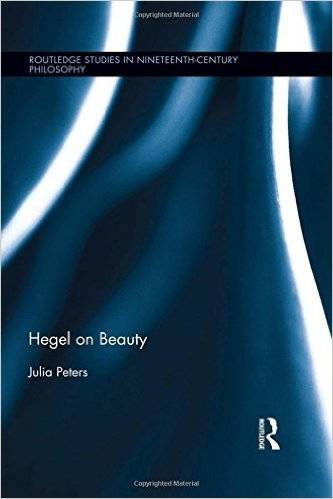While the current philosophical debate surrounding Hegel’s aesthetics focuses heavily on the philosopher’s controversial ‘end of art’ thesis, its participants rarely give attention to Hegel’s ideas on the nature of beauty and its relation to art. This study seeks to remedy this oversight by placing Hegel’s views on beauty front and center. Peters asks us to rethink the common assumption that Hegelian beauty is exclusive to art and argues that for Hegel beauty, like art, is subject to historical development. Her careful analysis of Hegel’s notion of beauty not only has crucial implications for our understanding of the ‘end of art’ and Hegel’s aesthetics in general, but also sheds light on other fields of Hegel’s philosophy, in particular his anthropology and aspects of his ethical thought.
- / Author
- / Mentioned
